Sweden
Study in Sweden
A university professor was once quoted as saying that university doesn’t teach you to do a job; it is meant to teach you how to think. But, how is it teaching you to think? For the majority of the world’s universities, this means teaching you to think critically. This is not the same as learning to think for yourself. You are taught to think critically according to the method that your professor believes in. You will see this anytime you question their methods. Universities in Sweden take a much different approach. They teach you to think critically like any other university. But it is the framework around this that is much different. You are also taught to think independently and creatively. You are encouraged to not just question the non-academic world. You are taught to question everything. This gives you the ability to look at the whole world differently. It also changes the ideas that you come to. You are not looking at the world like it is wrong and you have been taught the proper way. You simply look at the world and ask, “Is there a better way?” This more creative and less judgemental method produces new ideas, not just griping about the world. This method of teaching is the main reason that Sweden consistently ranks among the most innovative countries.
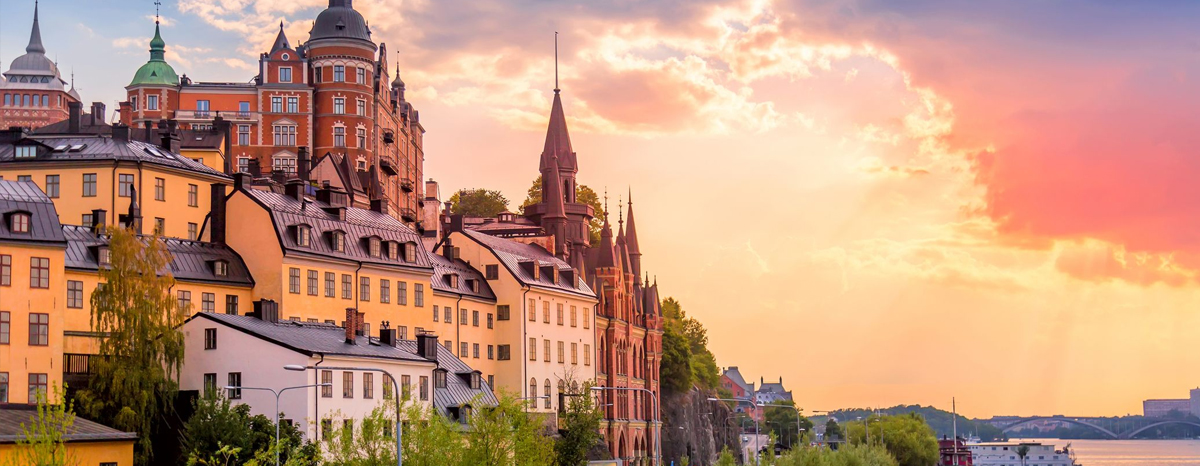
Top Universities in Sweden
-
Karolinska institutet
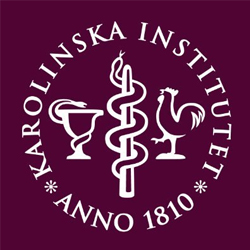
Karolinska Institutet is one of the world’s leading medical universities. Our vision is to advance knowledge about life and strive towards better health for all. Karolinska Institutet accounts for the single largest share of all academic medical research conducted in Sweden and offers the country’s broadest range of education in medicine and health sciences. The Nobel Assembly at Karolinska Institutet selects the Nobel laureates in Physiology or Medicine.
-
Chalmers Technical University
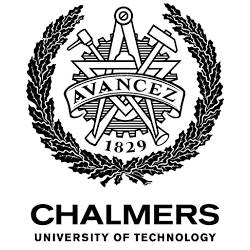
Chalmers University of Technology operates on the Johanneberg and Lindholmen campuses and at Onsala Space Observatory.
-
Jonkoping University

Jönköping University is a young professional-oriented university characterised by a high degree of internationalization, an entrepreneurial spirit and extensive collaboration with surrounding society. It is one of three Swedish private, non-profit institutions of higher education with the right to award doctorates.
-
Halmstad University
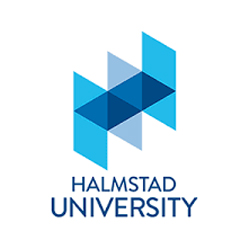
Halmstad University is a university college in Halmstad, Sweden. It was established in 1983. Halmstad University is a public higher education institution offering bachelor’s and master’s programmes in various fields of studies.
-
Linkoping University
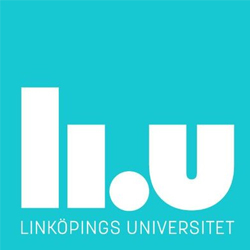
We all want to create a better world. At Linköping University, LiU, we use boundary-breaking research and innovative education to get there. To solve the challenges of the day, we are in continuous and close contact with industry and society. International rankings show that LiU is among the world’s top universities. Our students are sought after in the labour market, and we are one of the most attractive employers in Sweden.
-
Lund University
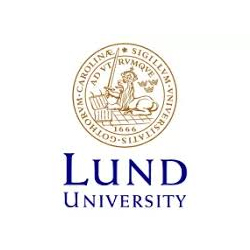
Lund University is a public research university in Sweden and one of Northern Europe’s oldest universities. The university is located in the city of Lund in the Swedish province of Scania. It traces its roots back to 1425, when a Franciscan studium generale was founded in Lund.
-
Stockholm University
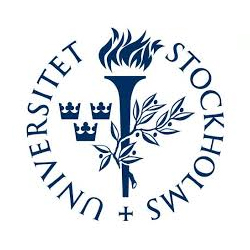
Stockholm University is a public research university in Stockholm, Sweden, founded as a college in 1878, with university status since 1960. With over 33,000 students at four different faculties: law, humanities, social sciences, and natural sciences, it is one of the largest universities in Scandinavia.
-
Uppsala universitet
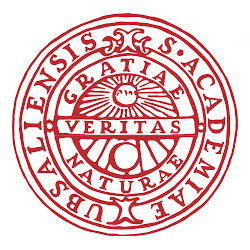
Uppsala University is a public research university in Uppsala, Sweden. Founded in 1477, it is the oldest university in Sweden and the Nordic countries still in operation.
Country Facts
Sweden is a European country located on the east side of the Scandinavian Peninsula in North Europe. The population is nine million inhabitants, of which almost two million live in and around the capital, Stockholm. For a sparsely populated country in the far north of Europe, Sweden has done remarkably well in establishing and maintaining an outstanding reputation abroad, based on many and varied commercial, technological, cultural and political achievements. Despite its natural riches, Sweden is a country built on people. Today, knowledge is Sweden’s prime asset, with education kept in the public domain and developed to a standard that ranks consistently among the highest in OECD statistics.
Higher Education System
Swedish higher education institutions have a degree structure that conforms to the Bologna Process; a Europe-wide standardization drive for higher education. There are three levels of higher education, each with minimum requirements for entry: a first level (Undergraduate studies), second level (Master’s studies) and third level (Licentiate and PhD degrees).
The PhD programs are fully funded but require certain prerequisites. A requirement for studies at the third level is possession of a second-level degree — a Degree of Master (Two Years) or a Degree of Master (One Year) — or the completion of four years of full-time studies — three at the first level and at least one year at the second level. Comparable international degrees are also admissible, and specialized knowledge may suffice as well.
- UK

- USA

- Canada

- Australia

- New Zealand

- Germany

- France

- Italy

- Sweden
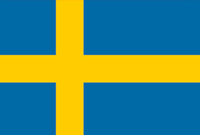
- Finland
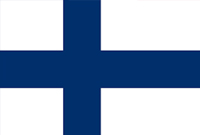
- Georgia
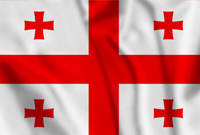
- Austria
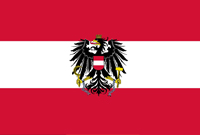
- Slovenia
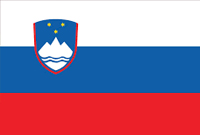
- Spain
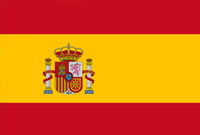
- Belgium

- Bulgaria
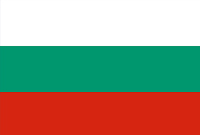
- Czech Republic
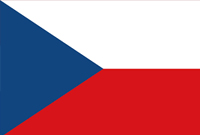
- Croatia
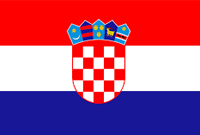
- Denmark
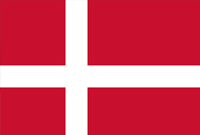
- Estonia
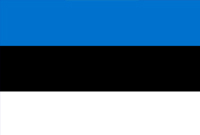
- Greece

- Hungary

- Iceland
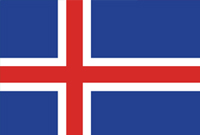
- Latvia
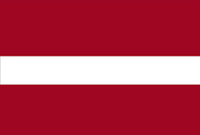
- Liechtenstein
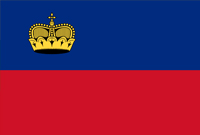
- Lithuania
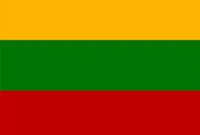
- Luxembourg

- Malta
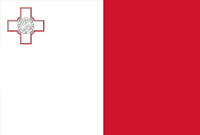
- Netherland

- Norway
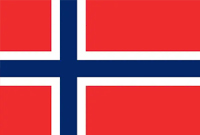
- Poland
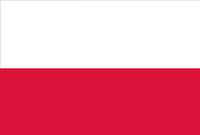
- Portugal

- Romania
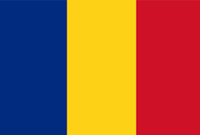
- Slovakia
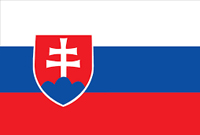
- Switzerland

- Serbia
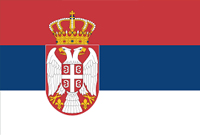
- Ireland

- Albania

- Moldova
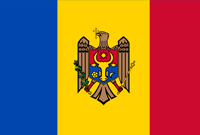
- Ukraine
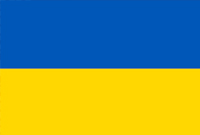
- Belarus
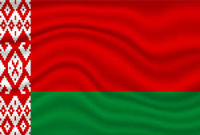
- Russia
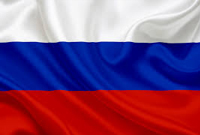
- Cyprus
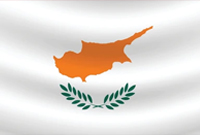
- Monaco

- Bosnia

- Andorra
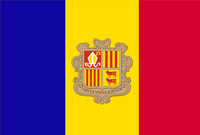
- Montenegro
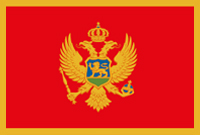
- More Contries

Why Choose Us?

Complete Assistant with Quality Service

20 Years of Experience

India's most certified Agency

Study for Free or With Affordable Tuition Fee
Do you have questions or want more information?

